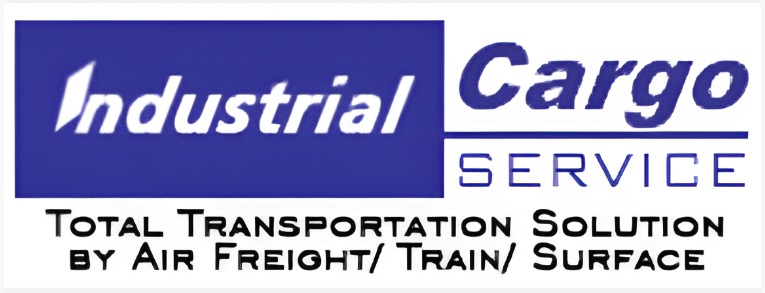The logistics industry in India is undergoing a significant digital shift, especially in the industrial cargo sector. With growing infrastructure, increasing demand, and the need for faster, safer deliveries, technology has become the backbone of modern cargo services.
One of the biggest game-changers is GPS-enabled real-time tracking, allowing clients to monitor their shipments throughout the journey. This transparency builds trust and enables proactive planning in case of delays or route changes.
IoT devices are also making an impact by providing data on cargo conditions such as temperature, vibration, or tilt — especially useful for sensitive machinery or hazardous materials.
Digital platforms now offer automated documentation, drastically reducing the time spent on approvals, invoices, and regulatory forms. AI-powered route optimization ensures that vehicles avoid congested routes, saving both time and fuel.
In addition, cloud-based dashboards are helping businesses manage multiple shipments across states, with instant access to performance metrics, ETA, and safety records.
These technologies are not just streamlining operations but also helping Indian industries scale faster, reduce costs, and compete globally. As adoption increases, the future of industrial logistics looks faster, smarter, and more efficient than ever before.


